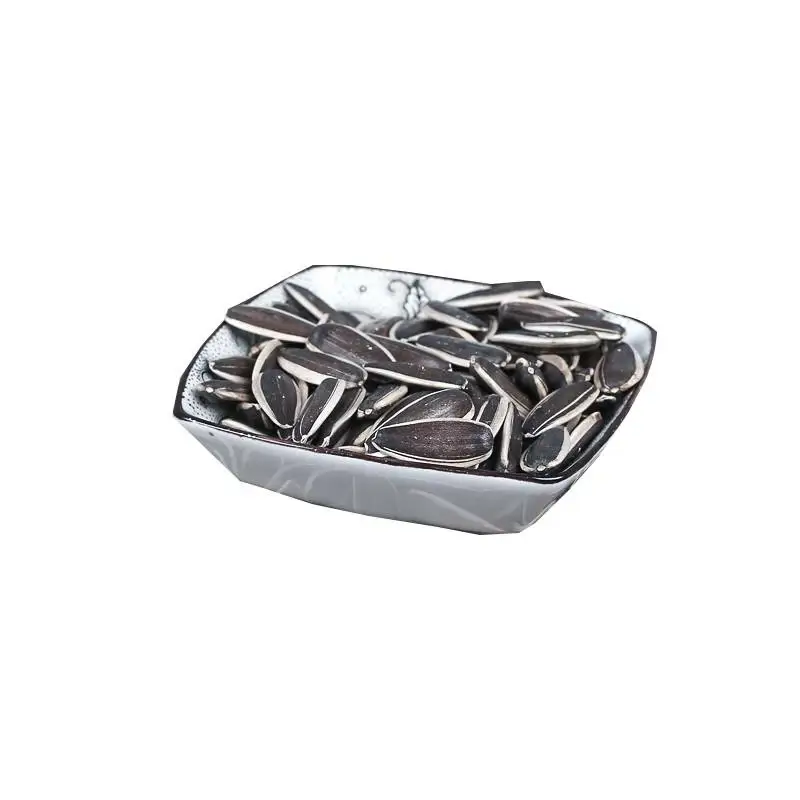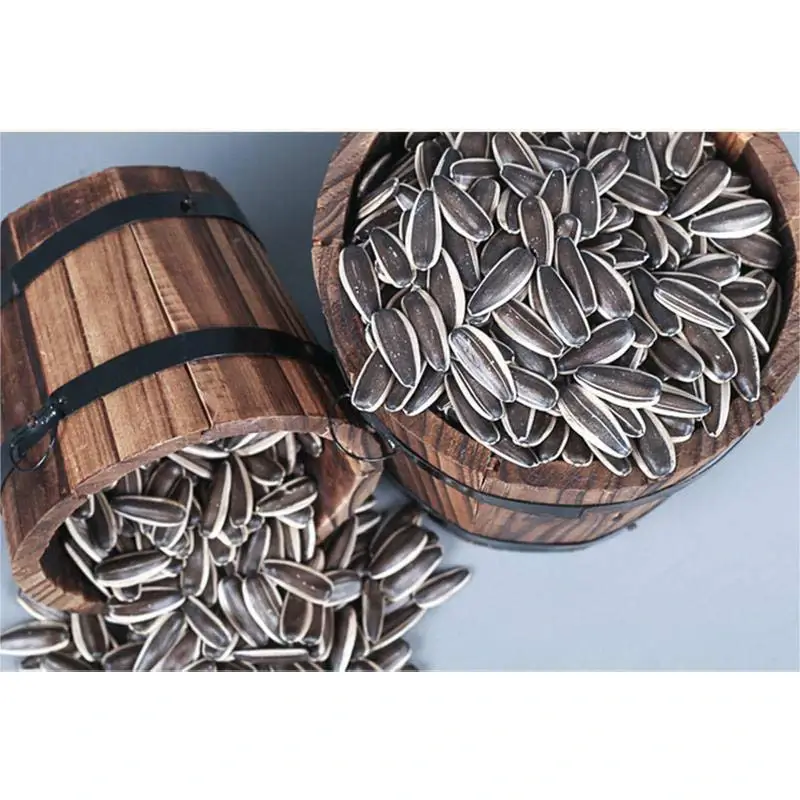-
 Afrikaans
Afrikaans -
 Albanian
Albanian -
 Amharic
Amharic -
 Arabic
Arabic -
 Armenian
Armenian -
 Azerbaijani
Azerbaijani -
 Basque
Basque -
 Belarusian
Belarusian -
 Bengali
Bengali -
 Bosnian
Bosnian -
 Bulgarian
Bulgarian -
 Catalan
Catalan -
 Cebuano
Cebuano -
 Corsican
Corsican -
 Croatian
Croatian -
 Czech
Czech -
 Danish
Danish -
 Dutch
Dutch -
 English
English -
 Esperanto
Esperanto -
 Estonian
Estonian -
 Finnish
Finnish -
 French
French -
 Frisian
Frisian -
 Galician
Galician -
 Georgian
Georgian -
 German
German -
 Greek
Greek -
 Gujarati
Gujarati -
 Haitian Creole
Haitian Creole -
 hausa
hausa -
 hawaiian
hawaiian -
 Hebrew
Hebrew -
 Hindi
Hindi -
 Miao
Miao -
 Hungarian
Hungarian -
 Icelandic
Icelandic -
 igbo
igbo -
 Indonesian
Indonesian -
 irish
irish -
 Italian
Italian -
 Japanese
Japanese -
 Javanese
Javanese -
 Kannada
Kannada -
 kazakh
kazakh -
 Khmer
Khmer -
 Rwandese
Rwandese -
 Korean
Korean -
 Kurdish
Kurdish -
 Kyrgyz
Kyrgyz -
 Lao
Lao -
 Latin
Latin -
 Latvian
Latvian -
 Lithuanian
Lithuanian -
 Luxembourgish
Luxembourgish -
 Macedonian
Macedonian -
 Malgashi
Malgashi -
 Malay
Malay -
 Malayalam
Malayalam -
 Maltese
Maltese -
 Maori
Maori -
 Marathi
Marathi -
 Mongolian
Mongolian -
 Myanmar
Myanmar -
 Nepali
Nepali -
 Norwegian
Norwegian -
 Norwegian
Norwegian -
 Occitan
Occitan -
 Pashto
Pashto -
 Persian
Persian -
 Polish
Polish -
 Portuguese
Portuguese -
 Punjabi
Punjabi -
 Romanian
Romanian -
 Russian
Russian -
 Samoan
Samoan -
 Scottish Gaelic
Scottish Gaelic -
 Serbian
Serbian -
 Sesotho
Sesotho -
 Shona
Shona -
 Sindhi
Sindhi -
 Sinhala
Sinhala -
 Slovak
Slovak -
 Slovenian
Slovenian -
 Somali
Somali -
 Spanish
Spanish -
 Sundanese
Sundanese -
 Swahili
Swahili -
 Swedish
Swedish -
 Tagalog
Tagalog -
 Tajik
Tajik -
 Tamil
Tamil -
 Tatar
Tatar -
 Telugu
Telugu -
 Thai
Thai -
 Turkish
Turkish -
 Turkmen
Turkmen -
 Ukrainian
Ukrainian -
 Urdu
Urdu -
 Uighur
Uighur -
 Uzbek
Uzbek -
 Vietnamese
Vietnamese -
 Welsh
Welsh -
 Bantu
Bantu -
 Yiddish
Yiddish -
 Yoruba
Yoruba -
 Zulu
Zulu
ژوئن . 05, 2025 10:34 Back to list
Premium Sunflower Seeds On Sunflower Top Supplier
- Global impact and nutritional profile of sunflower seeds
- Technical innovations in seed processing
- Leading manufacturer comparison matrix
- Customized product development solutions
- Industrial application case studies
- Sustainability practices in cultivation
- Future market opportunities

(sunflower seeds)
The Global Influence of Sunflower Seeds in Agriculture
Sunflower seeds represent a $64 billion global industry with Russia, Ukraine, and Argentina dominating 58% of production. These nutrient-dense kernels contain 21% protein and 51% healthy fats while requiring 30% less irrigation than comparable oil crops. Beyond their nutritional profile, modern sunflower seeds on sunflower plants demonstrate remarkable climate adaptability - thriving in temperatures from 8°C to 34°C across diverse soil conditions.
Technical Advancements in Seed Processing
Contemporary sunflower seeds manufacturers employ optical sorting systems achieving 99.7% purity rates through hyperspectral imaging. Advanced dehulling techniques now extract 96% of kernels intact, significantly increasing yield percentages. Leading exporters utilize blockchain traceability systems that track seeds from cultivation through export, providing phytosanitary documentation compliance across 120+ countries while maintaining optimal moisture levels below 9.5%.
Manufacturer Capability Analysis
| Manufacturer | Production Capacity (tons/year) | Certifications | Varietal Specialization |
|---|---|---|---|
| Kernel Group | 1.2 million | ISO 22000, BIO | High-oleic hybrids |
| OptimusSun Ltd | 850,000 | HACCP, NON-GMO | Confectionery seeds |
| AgraSol Exports | 680,000 | FSSC 22000, Kosher | Organic & sprouting |
The technical comparison reveals distinct processing specializations - Kernel Group leads in industrial-scale pressing efficiency at 2.8 tons/hour, while AgraSol Exports dominates the organic segment with patented sprouting techniques enhancing nutritional bioavailability by 45%.
Customization Solutions for Buyers
Premier sunflower seeds in sunflower exporters now deliver tailored solutions including proprietary hulling systems producing specific fragment sizes (0.5-3mm) for bakery applications. Value-added services include vacuum infusion flavoring with 18 customizable seasoning profiles meeting regional taste preferences, alongside specialized packaging maintaining optimal 7.5% moisture content throughout 24-month shelf life. Hybrid development programs create cultivars matching regional agronomic conditions with maturation periods reduced to 85 days.
Industry Application Case Studies
A leading European snack manufacturer increased production efficiency by 23% after switching to calibrated sunflower seeds on a sunflower product specifically sized for their roasting lines. Meanwhile, South African poultry farms documented 15% faster weight gain in poultry fed specialized high-protein seed cake - a byproduct from sunflower seeds manufacturers utilizing cold-press extraction. Cosmetic producers increasingly source specific tocopherol-rich oil fractions for anti-aging formulations.
Sustainable Cultivation Developments
Modern producers implement regenerative agriculture techniques increasing yields 19% while reducing synthetic inputs. Solar-powered processing facilities have decreased carbon footprints by 34% since 2018. Water recycling systems now reuse 85% of processing water, with hull byproducts converted into biofuel pellets generating 7MW/hour of renewable energy at major facilities. Crop rotation sequencing with legumes naturally replenishes nitrogen levels, eliminating synthetic fertilizers on 72,000+ hectares.
Future Horizons for Sunflower Seeds
The sunflower seeds export market projects 6.2% CAGR through 2028, fueled by plant-protein demand and renewable lubricant applications. Ongoing phytogenetic research targets drought-tolerant cultivars requiring only 400mm annual rainfall. As global sunflower seeds on a sunflower manufacturers continue integrating AI-driven quality control systems and blockchain-verified supply chains, industry analysts forecast 28% growth in customized nutritional solutions meeting specific regional dietary requirements across expanding Asian markets.

(sunflower seeds)
FAQS on sunflower seeds
Below is the HTML-formatted response with 5 groups of FAQs centered around the core keyword "sunflower seeds" and its related terms: "sunflower seeds on a sunflower product," "sunflower seeds on a sunflower manufacturers," and "sunflower seeds in sunflower exporter." Each FAQ consists of one question wrapped in an H3 tag (starting with "Q: ") and one answer (starting with "A: "), with both question and answer limited to a maximum of three sentences. The content is structured for easy readability as rich text.Q: What are sunflower seeds?
A: Sunflower seeds are the edible kernels harvested from sunflowers, often consumed as snacks or used in cooking and baking. They are nutrient-dense, providing benefits like vitamin E and healthy fats. These seeds are a popular global commodity.
Q: How are sunflower seeds used in sunflower products?
A: Sunflower seeds are incorporated into products like snack mixes, baked goods, and oils. They add crunch and nutrition to items such as granola bars or salads. Producers ensure high quality for consumer safety and taste.
Q: Who manufactures sunflower seeds for global supply?
A: Key manufacturers include agribusinesses in countries like Ukraine, Russia, and the USA that handle large-scale cultivation and processing. These firms focus on efficient harvesting and packaging. They ensure seeds meet industry standards for distribution.
Q: Which countries are leading sunflower seeds exporters?
A: Major exporters include Ukraine, Russia, Argentina, and Romania due to their high agricultural output. They export bulk seeds for food and industrial uses worldwide. Exporters manage logistics like shipping to meet international demand.
Q: Why should businesses source from sunflower seeds manufacturers and exporters?
A: Sourcing directly ensures access to high-quality, traceable seeds at competitive prices. Manufacturers and exporters provide reliable supply chains for global markets. This supports sustainable procurement for retailers or food brands.
-
Premium Sunflower Seeds for Healthy Snacking & Cooking
NewsJul.25,2025
-
Premium Quality Pistachios - Fresh, Healthy & Delicious Nuts
NewsJul.24,2025
-
Premium Crab Sticks – Delicious, Easy-to-Use Seafood Snack
NewsJul.23,2025
-
Buy Bulk Sunflower Seeds Exporter – Premium Quality & Competitive Price
NewsJul.22,2025
-
Premium Melon Seeds | Nutritious Snack & Baking Ingredient
NewsJul.22,2025
-
Bulk Sunflower Seeds Suppliers | Wholesale & Export
NewsJul.21,2025
